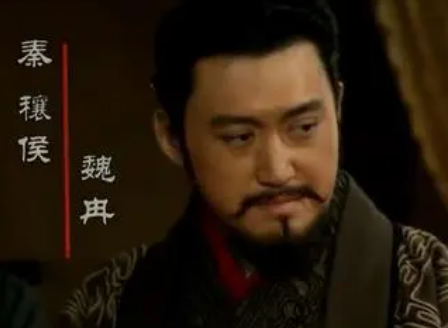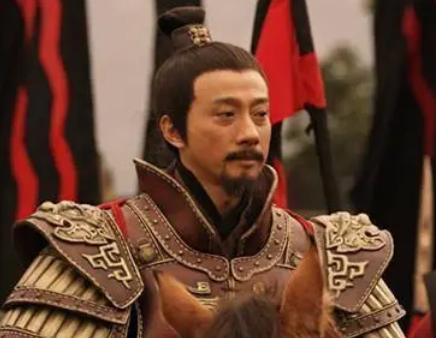When learning about Chinese history, we often encounter titles such as Emperor Taizong of Tang and Emperor Taizu of Song for certain emperors. However, for the Ming Dynasty, we have never heard of an emperor known as "Emperor Taizong of Ming." What is the reason behind this?

Firstly, we need to understand the titles of "Zu" and "Zong." In Chinese history, upon the death of an emperor, they are usually given the respectful title of "某某祖" or "某某宗." Among them, the founding emperor is usually referred to as "Zu," while their successors are called "Zong." For example, Li Yuan, the founding emperor of the Tang Dynasty, is known as Emperor Gaozu of Tang, while his successor Li Shimin is called Emperor Taizong of Tang.
Now, let's take a look at the situation in the Ming Dynasty. Zhu Yuanzhang, the founding emperor of the Ming Dynasty, is respectfully called Emperor Taizu of Ming, which follows the aforementioned rule. However, Zhu Yuanzhang's successor, Zhu Yunwen, did not receive the title of "Emperor Taizong of Ming" but instead was known as Emperor Jianwen. This was because during Zhu Yunwen's reign, due to his young age and weakness, power was lost, and ultimately, he was usurped by his uncle Zhu Di.
After usurping the throne, Zhu Di became the third emperor of the Ming Dynasty, known as Emperor Chengzu of Ming. So, why didn't Zhu Di receive the title of "Emperor Taizong of Ming"? This is because although Zhu Di was the third emperor of the Ming Dynasty, he came to the throne through usurpation rather than a normal succession. In Chinese history, emperors who ascend the throne through usurpation are generally not awarded the title of "Zong" because they did not follow the normal order of inheritance. Therefore, despite his significant political achievements during his reign, Zhu Di did not receive the title of "Emperor Taizong of Ming."
Overall, the reason why there is no title of "Emperor Taizong of Ming" is mainly because the second emperor of the Ming Dynasty, Zhu Yunwen, did not receive the title, and the third emperor, Zhu Di, also did not receive it due to his usurpation of the throne. This also reflects the unique rules and etiquette regarding emperorial titles in Chinese history.
Disclaimer: The above content is sourced from the internet and the copyright belongs to the original author. If there is any infringement of your original copyright, please inform us and we will delete the relevant content as soon as possible.






























